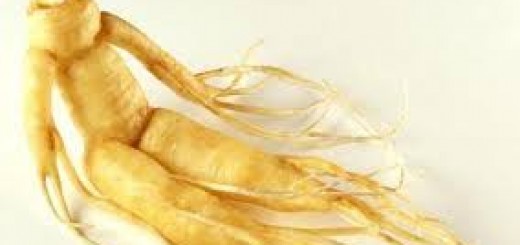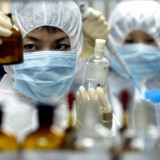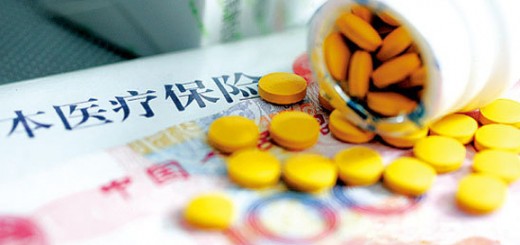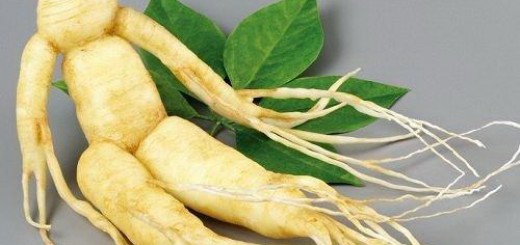20(S)-protopanaxadiol (PPD) inhibits tumor growth of hepatocarcinoma (the liver cancer), lewis lung cancer, and melanoma in mouse model, and its anti-cancer effect could be related to improved non-specific immune response by natural killer cells as well as specific interleukin 2 [reference 1].
20(S)-PPD induces cancer cell apoptosis of human hepatocarcinoma and small cell lung cancer in in-vitro cell culture, and also inhibits their growth in mouse model [references 2-3].
Through inhibiting tumor growht factors VEGF and bFGF, 20(S)-PPD retards tumor growth of the liver cancer [reference 4].
20(S)-PPD exerts strong inhibitory effect on growth of prostate cancer cell RM-1 by downregulating cell cycle protein cyclin D1 [reference 5].
Using RT-PCR, Western Blot, AnnexinV-EGFP/PI dual staining, TUNUL staining for apoptosis, it’s confirmed that 20(S)-PPD induces apoptosis of cervical cancer siha cells, by increasing expression of pro-apoptotic gene bax [reference 6].
20(S)-PPD inceases the expression of genes and proteins related to endoplastic reticulum stress, leading to morphological change of endoplastic reticulum and consequent apoptosis of hepatocarcinoma HepG2 cells [reference 7]
References:
- Anti-cancer property and immunomodulation of 20(S)-protopanaxadiol[J]. China Pharmacist,2007,10(12):1165-1168.
- Effect of 20(S)-Protopanaxadiol on SMMC-7721 human liver cancer in vivo and in vitro[J]. Chinese Pharmacological Bulletin,2008,24(11):1504-1508.
- Inhibition of 20(S)-protopanaxadiol on proliferation of lung cancer A549 cells and tumor growth of nude mice[J]. Chinese Herbal Medicines,2008,39(12):1838-1841.
- Influences of Protopanaxdiol to vascular endothelial growth factor and basofibroblast growth factor protein expression of liver[J]. Journal of Clinical Hepatology,2008,24(1):42-43.
- Growth inhibition of 20(s)-protopanaxadiol on prostate cancer cells RM-1 in mice and its mechanism. Journal of Jilin University(medicine),2010,36(1):349-353.
- Effects of 20(s)-proto-panaxdiol on caspase-3 expression and activation in Siha cells in vitro. Journal of Jilin University(medicine, 2011, (01) 26-29+194
- Guo-Yuan Zhu,Ying-Wei Li,Anfernee Kai-Wing Tse,et al.20(S)-Proto-panaxadiol,a metabolite of ginsenosides,induced cell apoptosis throu-gh endoplasmic reticulum stress in human hepatocarcinoma HepG2 cells[J].European Journal of Pharmacology, 2011,668(1-2):88-98.













































